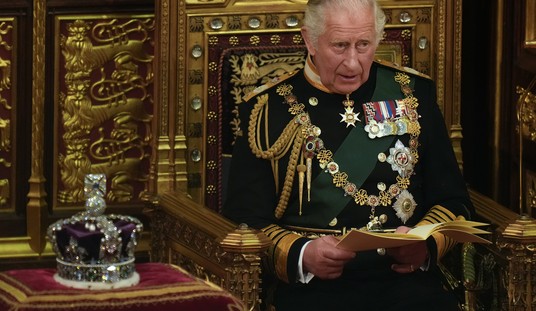You better sit down for this one: President Barack Obama plans to propose a series of new tax hikes in his State of the Union address.
The vast majority of those proposed tax increases are purportedly aimed at the “rich,” although they would invariably affect millions of Americans who do not qualify as well-off by any standard definition.
Many of Obama’s proposed hikes ostensibly target the wealthy by seeking to boost capital gains taxes on investment income and on “gifts” associated with inheritance. None of these proposals have much of a chance of passing the newly GOP-dominated Congress, but they are not necessarily policy recommendations so much as political positioning statements. These populist “soak the rich” pitches are aimed, in part, at helping the White House maneuver ahead of negotiations with Republicans over tax code reform, but they are also designed to appease an increasingly agitated Democratic base apprehensive over what they see as frustratingly Obama’s casual approach to wealth redistribution.
The president surely hoped that the media would not recognize his naked attempt to appeal to the Democratic Party’s restive left-wing and might characterize all of his proposals as honest attempts to address the problem of economic disparity. Unfortunately for the White House, many in the media were not playing along.
“This [tax proposal] is designed to embarrass Republicans into looking like they’re protecting the rich,” NPR contributor Cokie Roberts insisted on Monday. She was not necessarily lamenting the president’s decision to engage in a political ploy, but by even observing its crass political nature undermines its effectiveness.
The New York Times’ Neil Irwin echoed Roberts in acknowledging that Obama’s tax hike proposals were not so much about tax policy but about “shaping the Democratic Party after Obama.”
Irwin observed that the White House is signaling to Democrats that the recession is behind us, the age of austerity is over, and it is time to again embrace big government spending proposals.
The White House will surely be accused of class warfare, of pitting the interests of the affluent directly against the working class. But if other Democrats (particularly the party’s nominee for president in 2016) seize on this basic framework, of higher taxes on capital in exchange for lower taxes on labor, it will help offer a clear vision of what the Democratic Party stands for after the Obama years.
For Republicans, it creates an interesting challenge. In his opening steps toward a presidential run, for example, former Gov. Jeb Bush of Florida has spoken of rising inequality as being real — and the way to reduce it being rooted in entrepreneurship and free enterprise. Some Republicans will support aspects of the president’s plan, particularly an increase in the earned-income tax credit to reduce taxes on low-income workers, but Republicans uniformly find the idea of paying for it with tax increases on the wealthy to be anathema.
In other words, we are heading toward an election in which the two parties more or less agree on the problem facing Americans: A growing economy has done little to accrue to the incomes and living standards of ordinary workers over the past generation. But they will have starkly different answers over how to combat it.
It defeats Obama’s purpose for the press to analyze his tax hike proposals through the lens of politics. He aims to be seen as a post-political colossus bestriding the partisan divide. In fact, his aim is to exacerbate political tensions and position his party as just populist enough to capitalize on the public’s residual irritation with the pace of economic recovery. Obama’s allies in the press have pulled back the curtain. They’re right to do so, but they also are not doing Obama any favors in the process.








Join the conversation as a VIP Member